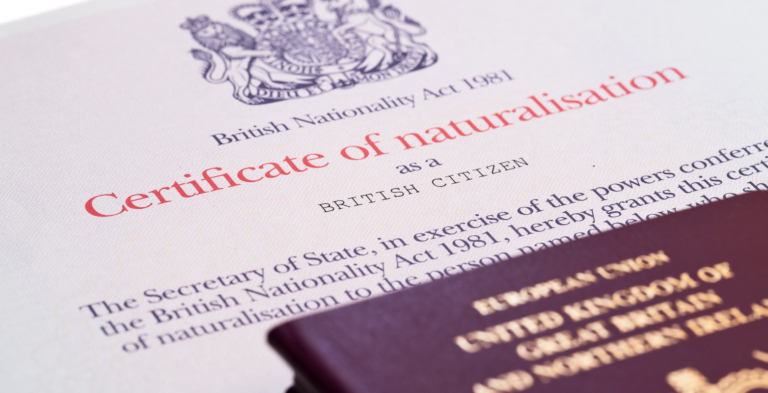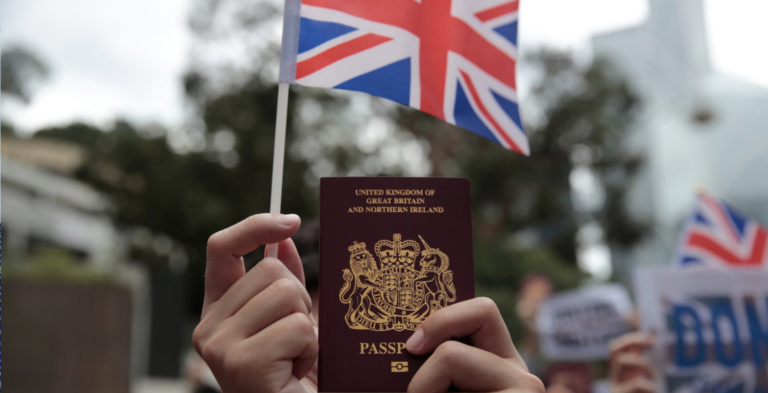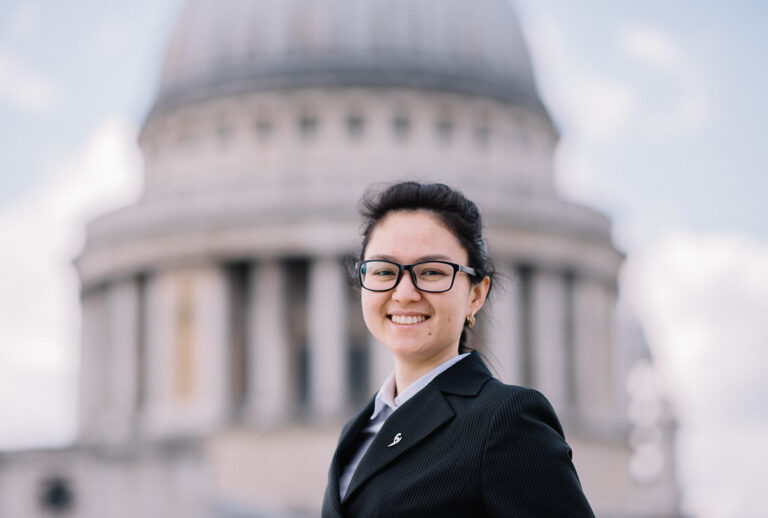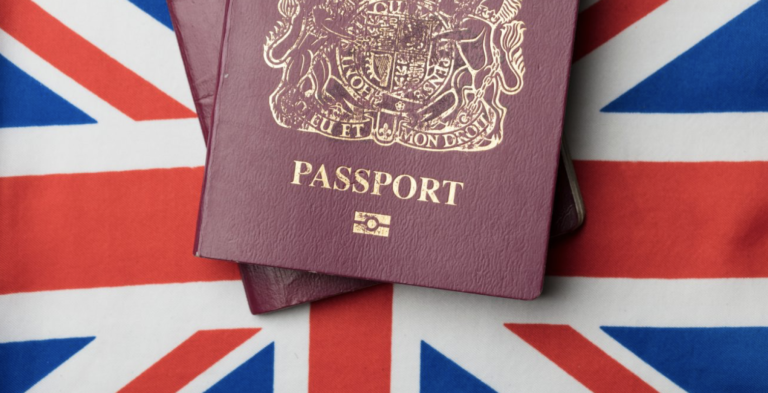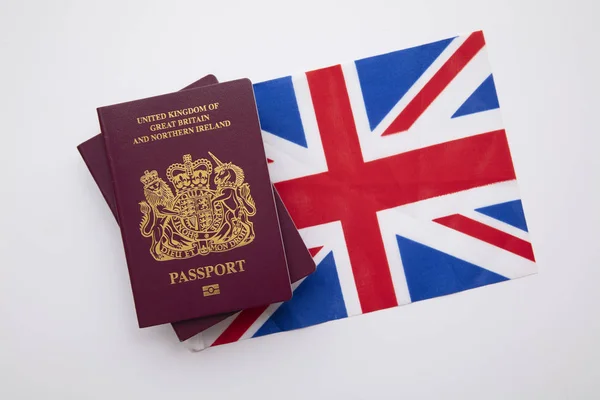Domestic Violence Visa

If you are on a spouse or partner visa and have encountered domestic violence or abuse, which resulted in the end of your relationship, you may qualify to apply for Indefinite Leave to Remain in the UK.
Domestic violence and abuse can take various forms, including physical, emotional, sexual, psychological, or financial. These harmful behaviours can be used to try to harm, control, isolate, or intimidate someone.
If you are a victim of domestic abuse and were last granted a visa on the basis of your partner who is a British citizen, settled in the UK, an EU national with Pre-Settled Status or a refugee, then you may have the opportunity to apply for Indefinite Leave to Remain.
Indefinite leave to remain (ILR), or “settlement”, is a legal permission to live, be employed, and study in the United Kingdom for as long as you desire. It also makes you eligible to receive benefits and serves as a stepping stone towards obtaining British citizenship.
It is crucial to notify the UK Home Office if your relationship with your partner ends and your visa is based on that once abusive now discontinued relationship.
How Is Domestic Abuse Defined in the UK?
In Great Britain, domestic abuse/violence is a pattern of abusive behaviour within an intimate relationship or domestic setting. It can occur between individuals who are married, in a civil partnership, cohabiting, or have a close familial relationship. The UK definition of domestic abuse/violence is broad and encompasses various forms of abusive behaviour, including:
- Physical Abuse. This behaviour includes physical violence, such as hitting, slapping, punching, kicking, or any form of force causing bodily harm or injury.
- Emotional or Psychological Abuse. This is controlling or coercive behaviour aimed at distressing, manipulating, belittling, intimidating, threatening, or isolating the victim. It may also include constant criticism and humiliation.
- Sexual Abuse. This refers to any non-consensual sexual activity or unwanted sexual advances within an intimate relationship. It can involve rape, sexual assault, or any form of sexual coercion.
- Financial Abuse. Such misbehaviour entails exerting control over finances, restricting access to money, preventing the victim from working, or using financial resources to manipulate, coerce, or control the victim.
- Harassment or Stalking. Such mistreatment includes persistent unwanted attention, following, monitoring, or contacting the victim against their will, causing fear, distress, or alarm.
- Online/Digital Abuse. This maltreatment encompasses the use of IT technology to harm, control, or harass a person, such as sharing explicit images without consent, monitoring online activities, or threatening via social media or other digital platforms.
The above list is not exclusive. Any incident or pattern of behaviour that is controlling, coercive, threatening, violent or abusive may be considered domestic abuse.
Domestic abuse in any form can have profound and lasting effects on individuals and their well-being. If you are exposed to domestic abuse and consider securing Indefinite Leave to Remain under the domestic abuse category in the UK, you may contact our lawyers in London.
Are there any exceptions to applying for ILR due to family abuse?
When applying for ILR as a survivor of domestic abuse, you must prove that:
- you have most recently held a visa as a partner, or you are allowed to stay in the country under the Victim of Domestic Violence Concession;
- your relationship has broken down permanently due to domestic violence or abuse perpetrated by your partner or family members.
If you currently reside in the UK as the husband, wife, boyfriend, girlfriend, or registered partner of someone who has temporary permission to stay (e.g. limited leave to remain), you might not qualify. The same goes if you’re a fiancé, fiancée, or proposed civil partner. Additionally, if you’re seeking asylum in the UK, you won’t qualify.
There are also other grounds for ineligibility to request ILR due to family abuse, including:
- Criminality. Applicants, who have been convicted of certain criminal offences, may not be suitable to apply for ILR under the domestic violence route. In some cases, they may instead be eligible for temporary leave on the same basis.
- Other good character concerns. If an applicant has engaged in other unsuitable conduct, for example if they have been involved in fraudulent activities related to their immigration status, they may be deemed ineligible as well.
It may be important to consult the current immigration rules and seek advice from a lawyer to gain clarification on whether you can qualify for ILR under the domestic abuse route in the UK, particularly as the rules and eligibility criteria are subject to change.
Qualifications Needed for ILR as a Survivor of Domestic Abuse
If you are currently living in the UK and your most recent visa was based on being married, in a civil partnership, or in a relationship with a British citizen or settled individual (including a refugee), you could possibly apply for ILR as a victim of domestic violence/abuse.
In order to qualify for Indefinite Leave to Remain as a survivor of domestic violence or abuse in the United Kingdom, you need to meet the following requirements:
- You need to either be in the UK as the partner of a relevant person, or you must have received 30 months of leave under the domestic violence rule, or you must have last been granted permission under the DDV concession.
- You must physically be in the UK when you submit your application.
- Your current relationship must have broken down permanently because of domestic abuse during your most recent period of permission as a partner.
Besides these basic criteria, the UK Home Office sets out requirements for proving a relationship breakdown due to domestic abuse.
To meet the criteria for ILR in cases of relationship breakdown, you must provide evidence that domestic abuse was the cause of your relationship ending. The Home Office will thoroughly examine the evidence provided.
Note that if you meet the requirements mentioned above but have received a prison sentence of fewer than 12 months within the past seven years (or had a non-custodial sentence or out-of-court disposal within the last two years), you may be granted limited leave to remain for 30 months instead of receiving ILR.
What Does the Application Process For a UK Domestic Violence Visa Look Like?
In order to seek ILR as a survivor of domestic abuse, you need to be present in the UK. Here are the straightforward steps to apply:
- You must apply for indefinite leave to remain online.
- Cover the fee of £2,204 for the application. However, if you are facing financial hardship, there is an option to request a fee waiver.
- Provide documents, such as your passport, and other papers requested by the authority.
While you are waiting for the decision on your application, you can apply for domestic violence (DDV) concession and get the necessary financial and public support from the UK government.
DDV Concession
The Destitution Domestic Violence Concession (DDVC), a government-supported initiative in the UK, aims to provide temporary support and protection to individuals who are suffering from abuse at home and do not have access to public funds.
Before making the application for domestic abuse ILR in the UK, you have the option of applying under the DDVC. This allows you to have three months of leave to remain, during which you can access public benefits and housing support. If you apply for ILR during the three months of your leave under the DDV concession, your rights to public funds will continue until the Home Office delivers a verdict on your application for a domestic abuse visa in the UK.
The DDVC allows victims of domestic abuse to access government-funded support services, such as housing and financial assistance. It is intended to offer a safety net for individuals who may be at risk of destitution and homelessness as a result of fleeing an abusive relationship.
The concession is administered by the Home Office and is available to eligible individuals in the UK.
In order to qualify for DDVC, there are several requirements you need to meet:
- You must have the intention to apply for indefinite leave to remain in the UK as a result of domestic abuse.
- You must have had previous leave to remain in the UK as a spouse, unmarried partner, civil partner, or same-sex partner of a British citizen, someone settled in the UK, or a member of the Armed Forces.
- You must claim to need access to public funds in order to leave the relationship.
If your request is approved, you will be given permission to stay for three months and will be eligible for government support, including financial assistance and housing help. Within this three-month period, you must apply for further permission to remain. Providing you make the further application before your DDVC permission expires, you will still have access to benefits and housing assistance throughout the application process until the Home Office reaches a decision on your application.
The Destitution Domestic Violence Concession cannot be utilised by individuals who have experienced domestic abuse and have pre-settled status under the EU Settlement Scheme. This concession also does not extend to individuals who hold permission as a partner under other immigration pathways, such as dependants of students or workers, or those with different types of leave to remain.
What Documents Are Required for a UK Domestic Abuse Visa?
To apply for a UK visa under the domestic abuse category, applicants are generally required to provide the following documents:
- Valid Passport. A current and valid passport or travel document if possible, along with any previous passports showing immigration history.
- Evidence of when the relationship broke down. Documentation demonstrating the relationship between the applicant and their sponsor has ended, such as a divorce certificate, civil partnership termination certificate, or evidence of cohabitation ending.
- Domestic Abuse Evidence. Documents providing evidence of domestic violence, including but not limited to police reports, medical records, court orders or injunctions, social worker reports, or statements from support organisations.
- Accommodation Evidence. This can include rental agreements, mortgage documents, or other evidence of suitable accommodation in the UK.
- Financial Documents. Documents showing evidence of financial situation (if relevant) , such as bank statements and payslips.
This list of required documents for a Domestic Abuse Visa for the UK is not exhaustive and may also be subject to change according to how the domestic abuse immigration rules are updated in the UK. The documents you would be advised to provide depends on your specific situation.
The processing time for a domestic abuse visa in the UK typically takes approximately six months to process. You must ensure you provide all the necessary documents and correct details in your application in order to avoid any delays.
Applying For a Domestic Abuse Visa with Minors
If you have children with your former partner who are still dependent, you can include them in your application as long as they meet the necessary criteria.
However, if your ex-partner is not your child’s other parent, they can still apply if certain conditions are met. These conditions include the other parent being deceased, you having sole responsibility for their upbringing, or there being compelling reasons for them to stay. If these conditions are not met, your child may still be able to apply for temporary permission to remain.
The word “parent” refers to natural (biological) parents, adoptive parents, or step-parents in cases where a biological parent has passed away.
Children under 18 must have or have had a valid visa to be in the UK. Additionally, they need to show proof of adequate support and accommodation without public funds, and not be married, in a civil partnership, or living independently in case they are aged 16 or over.
If your child is 18 or over, they may be eligible to settle if they have had permission to be in the UK as your dependant. They must also meet the same eligibility requirements as a dependent child under 18.
In your application, you can include your child on the same form as you.
What Is Next After Applying For Indefinite Leave based on Domestic Abuse?
Once you submit your application, you will be asked to provide your biometric information, which includes fingerprints and a photo.
After applying, you will receive instructions on how to schedule an appointment.
If you are applying on behalf of any children aged 6 and above, they must also provide their biometrics.
You will not be able to travel while the application is being considered. In case you are required to submit your passport and later need it to be returned for identification purposes, you may request your passport to be returned.
Usually, it takes around 6 months for the Home Office to make a decision on your application. However, if your application is more complicated and requires additional processing time, such as verifying your supporting documents, the Home Office will get in contact with you.
If your application is accepted, you will receive numerous benefits such as the freedom to work, start a business, pursue education, access public services such as healthcare, apply for financial support and retirement plans, and even have the opportunity to become a British citizen.
Domestic Violence Visa: Refusals
If your application for a UK Domestic Abuse Visa is refused, there are several options available to you. Here, we will briefly discuss each of these options:
- Apply for an administrative review. If you believe that the Home Office made a mistake in their decision-making process, you can request an administrative review. This involves completing a form, explaining your grounds for believing the decision was wrong, and providing admissible evidence to support your claim. The review will be conducted by a different caseworker or team within the Home Office, who will re-examine your case and determine whether an error was made. If an error is identified, the decision may be changed.
- Apply for a judicial review. This option may only be available if you have already requested an administrative review which has been unsuccessful. The option involves challenging the legal basis for the visa refusal in the upper tribunal. A judicial review is possible when there are issues with the decision-making procedure or if the decision is believed to be unlawful. Judicial reviews are complex and legal representation is highly advisable. They can only be pursued if there are grounds for a review, such as a breach of immigration laws or a failure to consider relevant evidence. A successful judicial review can result in the original decision being quashed or remade.
- Apply for a different type of UK visa. If you receive a negative decision on your Domestic Abuse application, you may consider applying for a different type of visa that you may be eligible for. This could include a work visa, student visa, or other options.
How Can We Help?
Are you seeking protection from a toxic environment? Need assistance in securing a Domestic Abuse Visa (indefinite leave to remain) in the UK? Look no further than Sterling Law, the leading immigration lawyers in London.
Domestic abuse can tear lives apart, making it crucial to find a safe haven and start anew. Our team of expert immigration lawyers understands the challenges and complexities involved in such sensitive situations. We are here to guide and support you every step of the way, ensuring your safety and peace of mind.
At Sterling Law, we prioritise your well-being. Our experienced immigration lawyers in the UK will assess your case meticulously, offering personalised and tailored solutions to help you obtain the Domestic Abuse Visa. We understand that every situation is unique, and we will work persistently to ensure your application meets all the necessary requirements and documentation.
With our in-depth understanding of the British immigration system, our experts will navigate the intricate legal processes on your behalf. We will compile and review all necessary evidence, including police reports, medical records, testimonials, and any other supporting documents, to strengthen your case. Our aim is to present a compelling argument to the Home Office, ensuring the best possible outcome for you and your dependants.
With Sterling Law on your side, you can trust that you are in the hands of professionals who are dedicated to fighting for justice and securing a brighter future for you. We have a proven track record of success, having helped thousands individuals secure their Domestic Abuse Visas and start afresh in the UK.
Don’t let domestic abuse define your life. Choose Sterling Law, a well-established immigration firm in London, and let us help you secure the Domestic Abuse Visa you deserve. Contact us today for a confidential consultation and take the first step towards a better and safer life.
